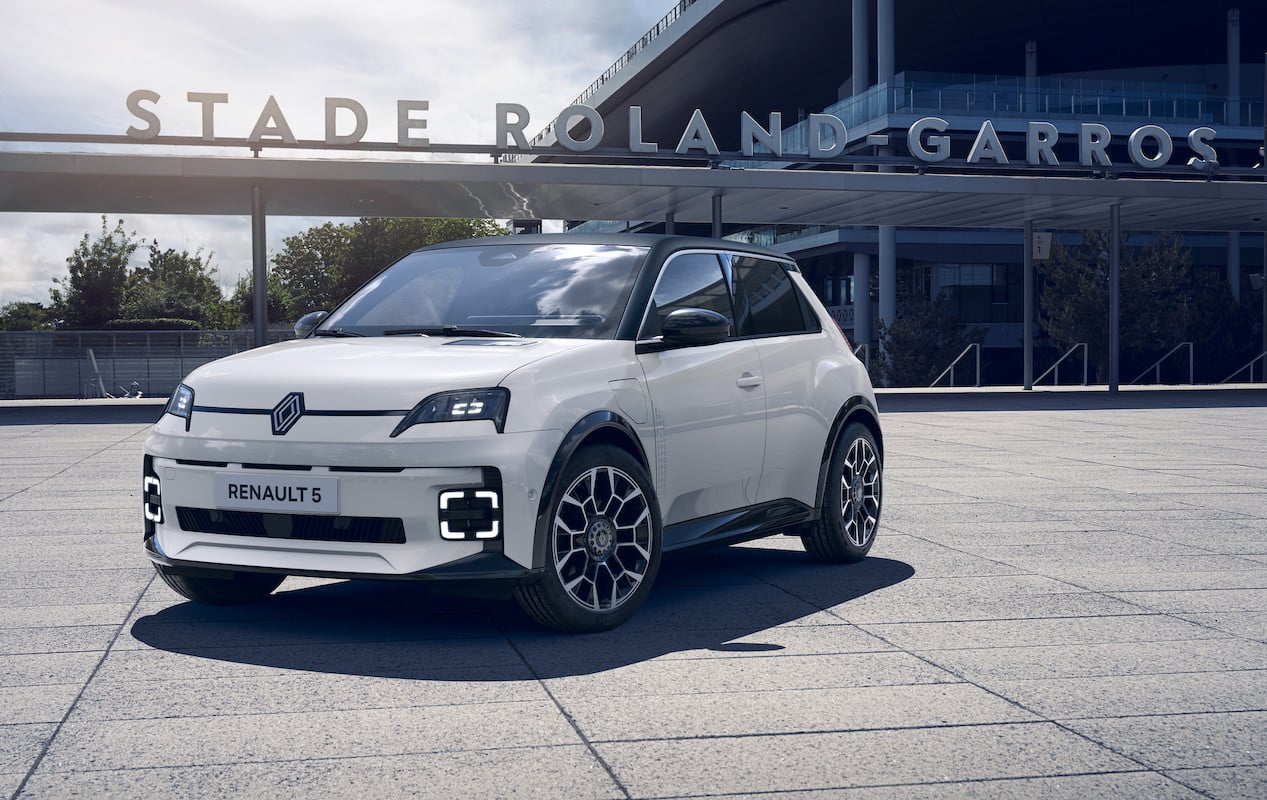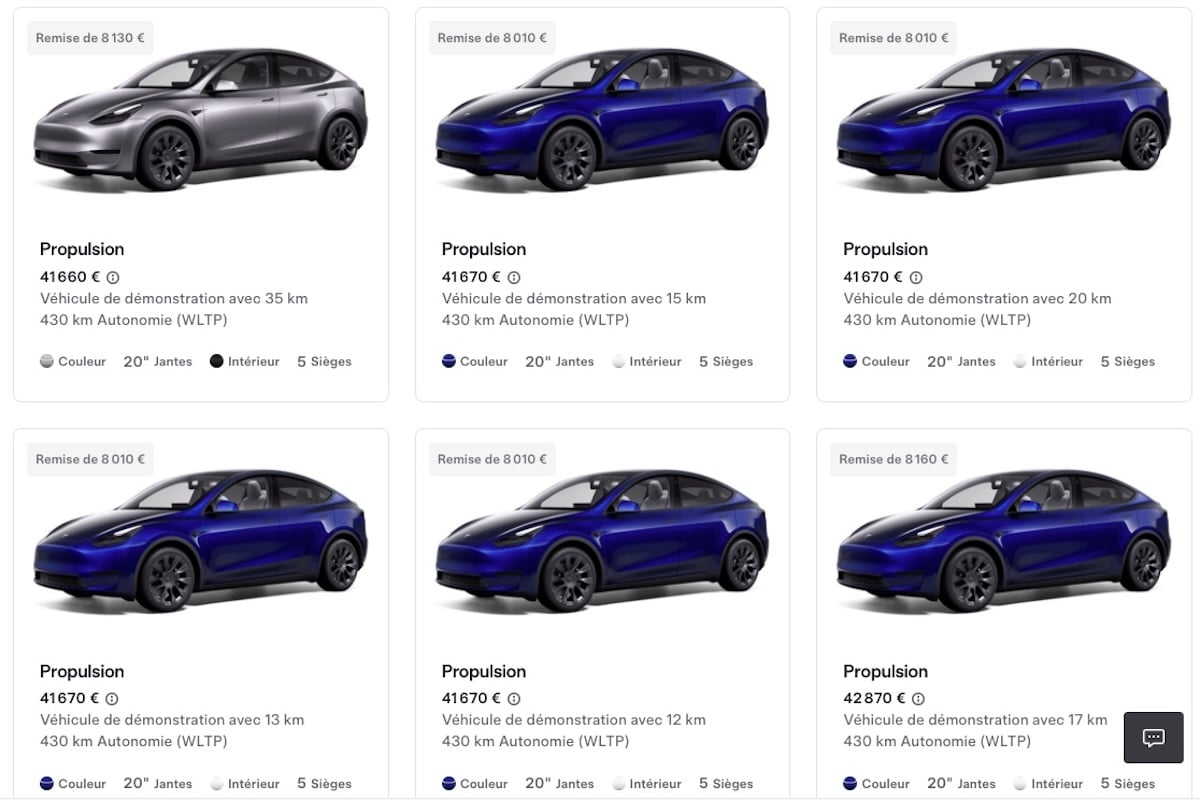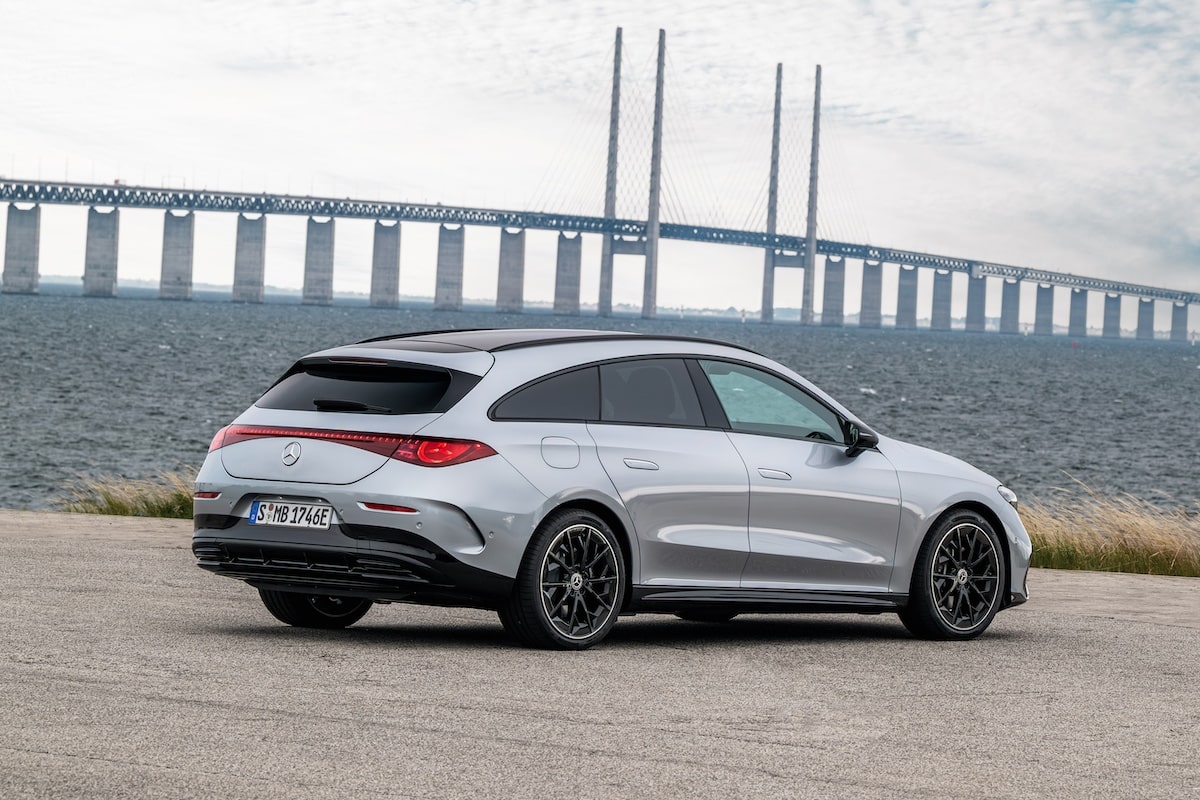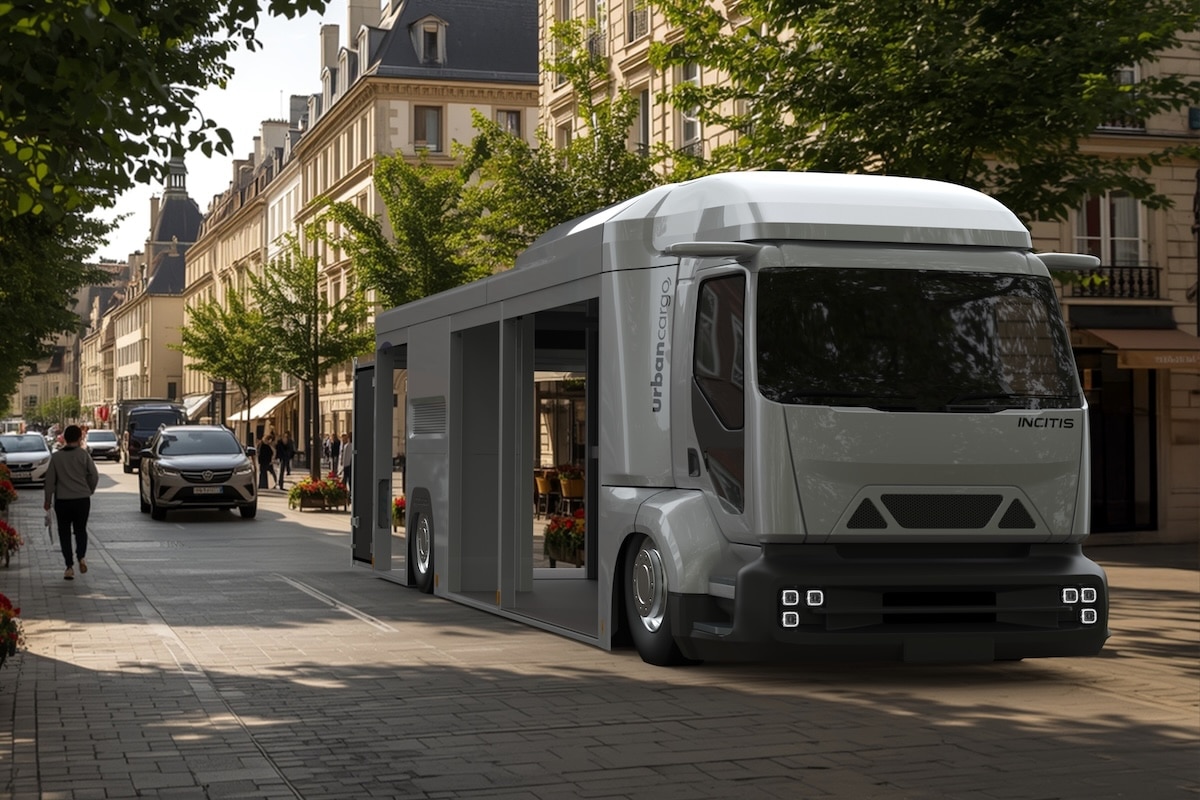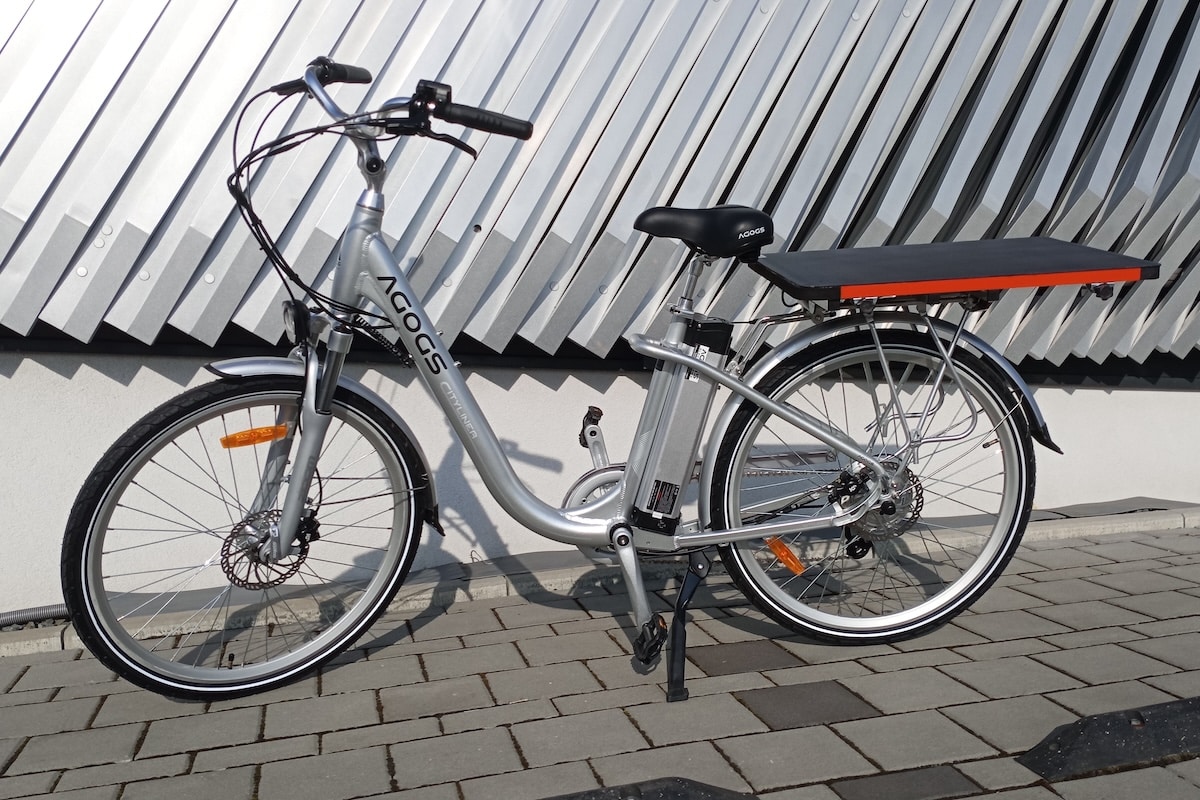Luca de Meo’s Common Sense Lesson to Europe
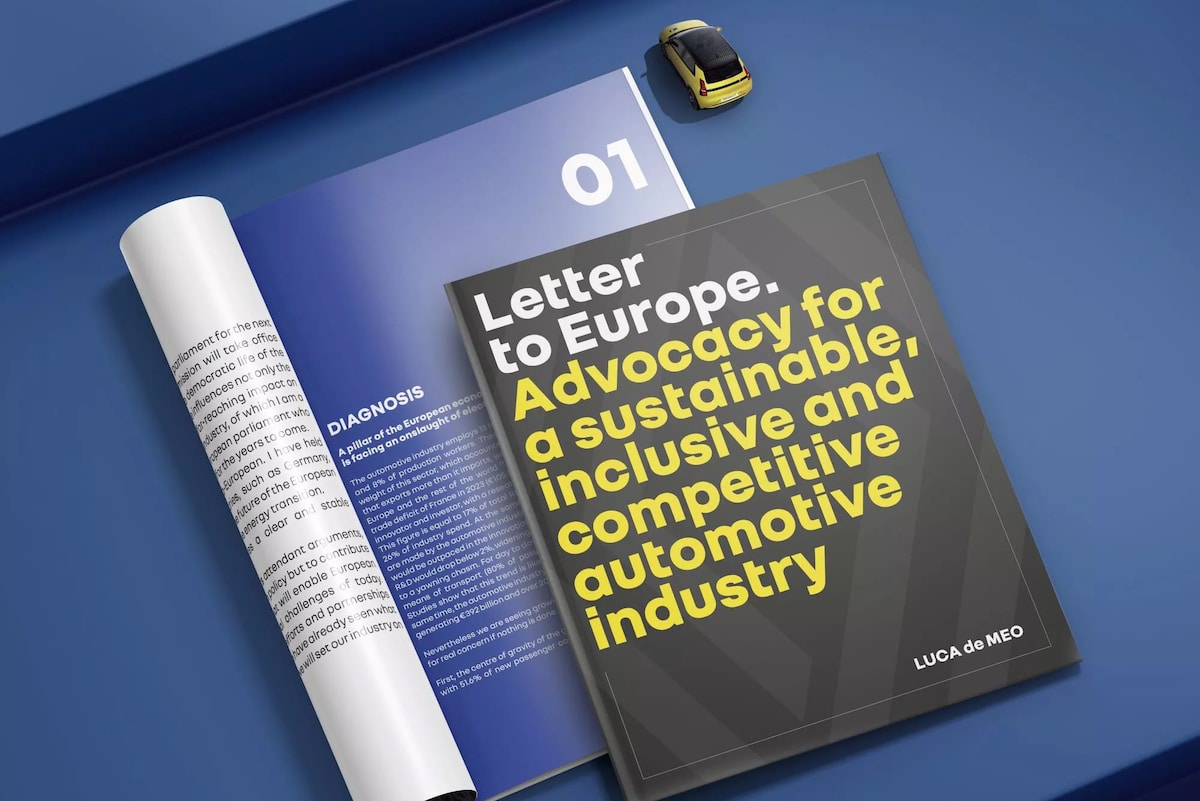
The CEO of Renault holds the continent accountable and presents us with a critical yet optimistic vision for the future of the European automotive industry.
Far from the sterile controversies about his remuneration, Luca de Meo takes pen in hand just days before the European elections. While it is fashionable to discuss the electric transition solely through the narrow lenses of ecology at all costs and subsidies galore, this industry captain invites us to reflect on the place of Europe in the automotive industry of 2024 and the years to come. A brilliant Master Class in every regard.
The Observation
The European automotive industry is threatened by the Chinese offensive. This is the primary threat facing manufacturers on the old continent and the players in the automotive market that employ 13 million people in Europe, accounting for 7% of employees and 8% of European workers. Largely export-oriented with a trade surplus of 102 billion euros, it is also a dynamic player in terms of Research and Development. Yet it is in danger.
The center of gravity of the global market has shifted to Asia, with 51.6% of new car sales, more than double that of the Americas (23.7%) and Europe (19.5%). While European luxury appeals to Asian consumers, they predominantly buy local products, leading to increasingly powerful manufacturers that have recently become exporters. In 2023, one-third of electric cars exported worldwide were Chinese.
The Electric Revolution
Luca de Meo reminds us that it used to take 4 to 5 years to develop a model and 7 to 8 years to manufacture and sell it. With new modular electric platforms, those years have turned into months.
In Europe, it is common to impose standards such as the goal of reducing vehicle emissions to zero in Europe by 2035. No other industry faces such constraints as the automobile. Cars must be more sophisticated, more efficient, and always cheaper. While the premium segment can accommodate this, for so-called “affordable” cars, it is impossible, leading to massive relocations and job losses. Furthermore, these standards quickly become obsolete as technology outpaces regulators. Battery technology is still far from being stabilized, and innovations continue to emerge at a rapid pace.
An Unequal Competition
According to Luca de Meo, producing in Europe costs 25% more than in China! The cause is, of course, the 40% lower labor costs in China compared to Europe. There are also the often-criticized and opaque subsidies, as well as the tax credits allocated to players. This is not just a Chinese exception, as the United States has injected 387 billion euros primarily in the form of tax credits into their economy since 2022.
The world has also become dependent on China, which controls 75% of the world’s battery production capacity, 80 to 90% of material refining, and 50% of rare metal mining. This is not surprising since, since 2012, the Beijing government has decided to emphasize electric vehicles, particularly supporting new players, 93% of whom are loss-making.
Europe’s Errors
Luca de Meo highlights the excessive layering of norms and rules. On average, eight to ten new regulations will be implemented each year through various directives from the European Commission by 2030. Europe aims to become a champion of environmental protection and has the means to do so, but at the expense of its industries. The CEO of Renault calls for maintaining these objectives while taking inspiration from Chinese and American practices instead of arrogantly turning their backs on them.
In order to give relief to manufacturers, Luca de Meo calls for a principle of technological and scientific neutrality. Rather than dictating “technological” choices to manufacturers, he wants them to be given the objectives to achieve, but not how to achieve them. This would be stimulating for engineers and would increase our chances of success against China and the United States. This way, an innovative European path could be forged.
Simple and Immediate Solutions
First and foremost, we must assess the impact of a car throughout its entire life cycle, from the start of assembly to its scrapping and recycling. This should not be based solely on its energy consumption during use. What was valid for internal combustion engine vehicles is no longer applicable to these new cars.
In the spirit of the “Airbus of the automobile” that he has mentioned several times, Luca de Meo calls for cooperation among manufacturers to develop and market low-cost small cars and vans manufactured in Europe. The pooling of resources can only lead to cost reductions and increased competitiveness. Consumers can be encouraged to buy these local models through subsidies and benefits such as reserved charging stations or advantageous parking rates. Some of these practices have already been tested in France, proving that not everything is to be discarded in the hexagon.
Luca de Meo’s letter is over 20 pages long, so we will have the opportunity to revisit all these points, of which we only present the main ideas here.
ALSO READ: Tesla Model Y price increase: a gift to the Renault Scenic?
This page is translated from the original post "La leçon de bon sens de Luca de Meo à l’Europe" in French.
We also suggestthese articles:
Also read
